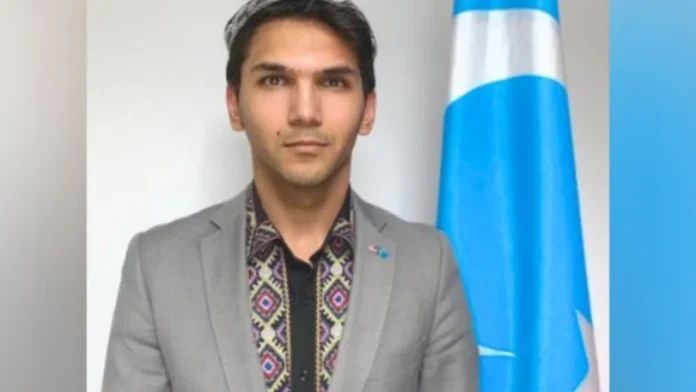The Foreign Affairs and Security Minister of the East Turkistan Government-in-Exile, Salih Hudayar, called out the lack of global attention on the human rights crisis in China’s Xinjiang province, and said the perception of the province receiving substantial media and US policy attention is misleading.
In a post on social media platform X, Hudayar said, “The claim that Xinjiang is a focus on intense media and U.S. policy attention is far from the truth. Let’s be clear: Occupied East Turkistan–our country’s true name–gets little to no media and policy attention.”Emphasising a disparity in international support between Tibet and East Turkistan, Salih stated, that while Tibet’s government in exile receives extensive financial, training, and even diplomatic support, the Uyghurs don’t get this recognition.
“Unlike Tibet, which is rightly recognized as an occupied nation, not as “Xizang,” East Turkistan remains buried under China’s propaganda. Tibet has had U.S. support with a Special Coordinator at US State Department since 1997, backing their right to self-determination,” the minister stated”Tibet’s government in exile and movement receives extensive financial, training, and even diplomatic support. Meanwhile, our people face Uyghur genocide with no similar recognition of our nation as occupied nor any dedicated support. The world must stop turning a blind eye to China’s brutal campaign of colonization, genocide, and occupation in East Turkistan,” he added.
Salih’s post came as a reaction to a news article stating that Xinjiang has garnered significant media coverage and become a key focus of US policy in recent years.
Salih Hudayar is a Uyghur-American politician dedicated to the cause of East Turkistan’s independence. He established the East Turkistan National Awakening Movement and has been at the forefront of efforts advocating for the restoration of East Turkistan’s independence.
East Turkistan is a region in Central Asia that is the traditional name used by many Uyghurs and their supporters to refer to what is officially known as Xinjiang Uyghur Autonomous Region.
The Xinjiang and Uyghur issue centers on the complex and contentious situation in the Xinjiang Uyghur Autonomous Region of China.
The Uyghurs are a predominantly Muslim ethnic minority group with distinct cultural, linguistic, and religious practices. In recent years, there have been widespread reports and allegations of human rights abuses by the Chinese government against Uyghurs and other Muslim minorities in Xinjiang.
These allegations include mass detentions in so-called “reeducation camps,” extensive surveillance, forced labor, and the suppression of religious and cultural practices. The Chinese government describes these measures as part of a counter-terrorism and de-radicalization effort aimed at combating extremism.
However, international human rights organizations and some governments have criticized these actions as severe human rights violations and cultural repression.









































